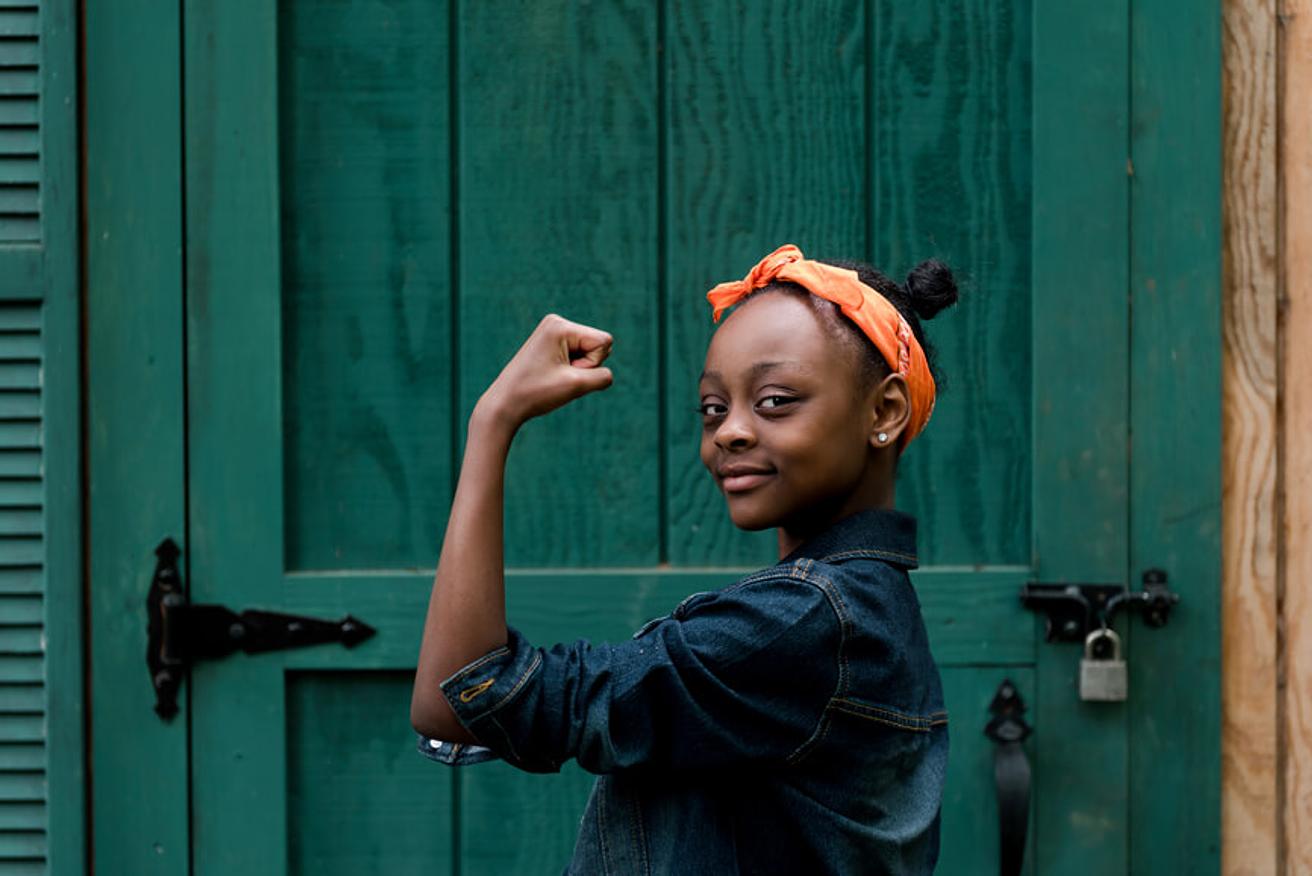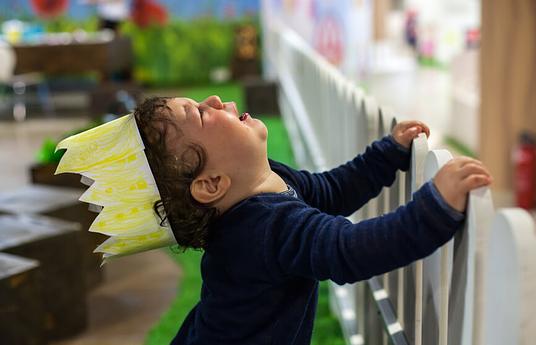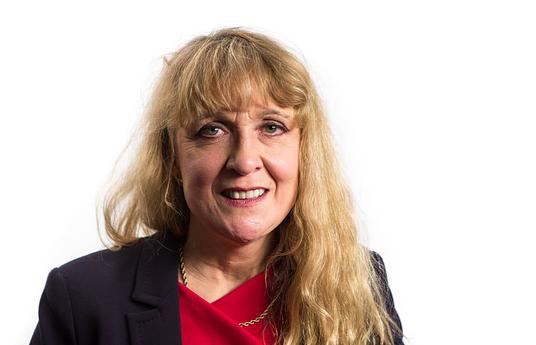It’s International Day of the Girl, and of course no such day would go past without Beyonce featuring in it in someway. This incredible video by The Global Goals, has girls all over the world lip-syncing to Beyonce’s Freedom and reminds us of all the many issues girls continue to face, including lack of access to education and child marriage. Here at HundrED we believe that education is one of the main steps to helping girls escape the poverty, trafficking, child marriage and many other obstacles that girls face the world over.
The good news is, there are projects happening all over the world to get girls the education they need to work their way to a brighter future. The Afghanistan National Institute for Music is one such school. Their work introduces music education back into Afghanistan, where it was banned under the Taliban and still has connotations of being immoral or unvirtuous. Education for girls in the area is still an issue, so the project actively works to include girls in its program. Currently a third of the students in attendance are girls and over half of the students are orphans or members of the street community.
"
It doesn’t feel like a coincidence that every technological ‘assistant’ developed is female – Siri – Alexa – reinforcing the idea that women are nurturers and helpers whilst men remain the all-powerful creator.
"
In India and Uganda, Project DEFY sets up maker-spaces for communities where formal education just isn’t an option due to teacher absences and a lack of schools in rural areas. Children in the local community are given access to computers so they can teach themselves anything they want to learn about, and then use their new knowledge to develop the skills they desire and need. In communities where girls usually wouldn’t be able to go to school by having a space so close to home, the founders have discovered that girls are allowed by their families to use the space and educate themselves.
BRAC Boat Schools in Bangladesh also work to bring gender parity to the region. Again, those in rural locations are at an disadvantage when it comes to formal schooling as they just can’t get to school due to regular flooding. BRAC organizes schools to be held on boats instead, always led by a female teacher who remains with them throughout their whole primary school career. Each boat school can accommodate up to thirty pupils, with at least half of whom are girls.
Even in developed countries, where education is freely available, women still have many barriers to overcome, such as the gender inequality ratios evident in the film and technology industries.
The technology industries are still exceedingly male dominant, which is pretty evident from the tech that ends up in our lives. It doesn’t feel like a coincidence that every technological ‘assistant’ developed is female – Siri – Alexa – reinforcing the idea that women are nurturers and helpers whilst men remain the all-powerful creator. This symptom of the STEM industry also feeds back into technology driven media such as how women are portrayed in games and generally the STEM industries remain a bit of a boys club.
SHINE for Girls is a US based initiative that encourages girls into STEM. Their unique approach combines dance and movement with STEM teaching, encouraging girls to rethink their overwhelming anxiety towards maths and their self-belief that such subjects are not for them.
Our current ‘Pick of the Week’ Hello Ruby, was founded by Linda Liukas, and introduces coding and STEM for young children through art and storytelling. Hello Ruby helps STEM become a more easily accessible subject area, one which every child feels like they could do – not just boys. Getting in there early with both girls and boys can help to break down barriers before they even begin to build.
Pupils using Lyfta, an experiential product that utilizes computers, tablets or VR equipment, experience the world through real-life stories. They can explore the workplaces and personal homes of people from all over the world, with many of the stories focusing on gender equality. The Global Oneness Project similarly explores cultural issues such as gender in their high-quality documentaries and photo essays, all available online for free.
It can feel incredibly disarming and tiring hearing of stories about women and girls being abused and put at an disadvantage, however we are making progress. The hard work of these innovations goes to show that if the rest of us put our minds to it too, we can brighten the futures for girls worldwide.
To receive articles directly in your inbox featuring our leading K12 innovations, subscribe to our newsletter now!






